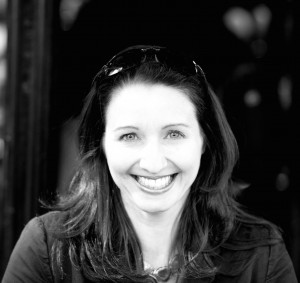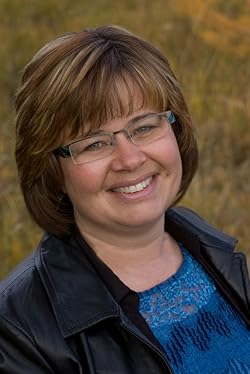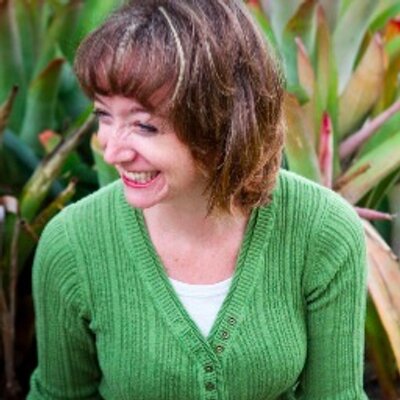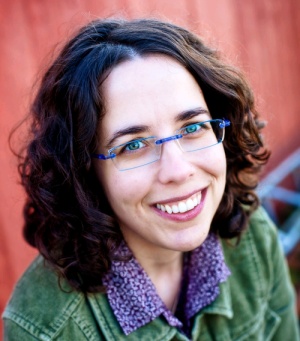
It’s October and you know what that means? NaNoWriMo is just around the corner! If you’re like me, soon you’ll be typing away on your laptop sipping multiple pumpkin spice lattes and immersed in your happy writer place.
So as you prep for those 1,000k daily word counts and fight the terrible malady of Writer’s Block, take heed to what these successful writers and self-publishing experts have to share about being as productive as possible.
And when you’re finished getting inspired, please share your own advice for being a productive writer in comments below!

Stop stalling and just write. Block out time to write consistently. Don’t edit as you go. Just get the words down and edit later.
Jeff Goins, Blogger and Bestselling Author of The Art of Work

We all have 24 hours in the day, and we all have to balance the real life stuff with the writing. Before I was a full-time author-entrepreneur, I would get up at 5am and write, then go to work. After the day job, I would come home and get on with building my online business. We got rid of the TV so I would have more time to create, and I spent every weekend working. I was so focused on leaving my job that I cut out everything that got in the way. I was driven to schedule my time incredibly well in order to fit everything in.
Joanna Pen, New York Times Bestselling Author and Host of The Creative Penn Podcast

Find your writing happy spot. This could be your office, a coffee shop, or a park bench by the water. Once you find the spot that you're most productive at, you need to go to that spot for a specific amount of writing time every day and just write.
Jim Kukral, Creator of Author Marketing Club and co-host of The Sell More Books Show

Create a schedule and stick to it! I like to say schedules are my secret weapon. They're the best way to prioritize.
K. M. Weiland, Blogger and Bestselling Author of Outlining Your Novel

A couple things have helped me improve my writing output. The first is tracking my words per day. I just use a Google Docs spreadsheet for this, and it's cool to see the running total for the month and the year. The second thing that's been helpful is taking a moment first to outline where I want an article or chapter to go and the main points I'll cover. After that, the writing itself feels much less like a blank canvas but more like filling in the blanks.
Nick Loper, Blogger and Host of the Side Hustle Nation Podcast

Make a business plan. I know it sounds boring, but adding structure to your creative pursuits will allow you to identify and limit distractions so you can aim for reasonable, achievable goals. Nothing spurs on productivity like meeting a desired target (perhaps completing a first draft, polishing a novel and querying, self-publishing a book, etc.). The euphoria we feel at succeeding drives us to keep going and achieve even more.
Angela Ackerman, Co-Author of the Bestselling Book, The Emotion Thesaurus: A Writer's Guide to Character Expression

For me, productivity has been a big issue, since for the last 6 years of my writing career, I've had to write with two little ones at home. The biggest thing that worked for me is scheduling my writing time. For many of us, writing starts as a hobby, and even when it transitions into a career, we still have some of that "hobby" mindset. So other things take precedence over our writing. Figure out how much time you can dedicate each day to writing, and safeguard that time. Don't schedule other activities during that block, and learn to politely say No to people who ask you to do things when you're supposed to be writing. Viewing your writing time as work time and treating it accordingly it can really help maximize productivity.
Becca Puglisi, Co-Author of the Bestselling Book, The Emotion Thesaurus: A Writer's Guide to Character Expression

Treat it like a business. And enjoy it - if you don't enjoy sitting down to write, you're probably in the wrong job.
Mark Dawson, Bestselling Author of the John Milton Series and Creator of Self-Publishing Formula

Best tip for being a productive writer, eh? I'd say it's having a set routine, with set hours, and a set location where you do your writing. Use that time, space, and routine Monday through Friday for an entire year and you'll be amazed just how much you can accomplish.
Bryan Cohen, Bestselling Author of the Ted Saves the World Series and Co-host of The Sell More Books Show

Many authors think that not having a day job will significantly increase their productivity, but I've not found that to be true. Generally you only have xx hours of "good writing time" in you and that doesn't change. For instance, my best hours are between 9:00 am and 1:00 pm. If I write beyond those hours, the quality suffers and I end up having to rewrite. So...two things. First, find the time of day that you're most productive at (as I mentioned mine are in the morning). Second, don't try to go beyond your threshold of "quality" writing. Even if your window is just an hour or two, it's worth stopping when you reach that time.
Michael J. Sullivan, Bestselling Author of the Riyria Revelations and Riyria Chronicles Series

For me it's just embracing the fact that I can do anything for 15 mins, even when the last thing I want to do is sit down at the computer. Those 15 minutes are often hard, and sometimes will be just 15 minutes, but often they'll turn into a solid mornings or afternoons work.
Simon Whistler, Host of the Rocking Self-Publishing Podcast

My best tip for being a more productive writer is to learn free-writing—fast, non-judgmental, timed writing to a prompt—and then practice it regularly. It will loosen up your "writer's muscle" and connect you to the great unending stream of creativity you have within you.
Joel Friedlander, Blogger, Book Designer, and Author of of A Self-Publisher’s Companion: Expert Advice for Authors Who Want to Publish.

I really have only one productivity tip for writing: Turn off the internet. Works like a charm.
Jane Friedman, Blogger and Bestselling Author of Publishing 101: A First-Time Author's Guide to Getting Published, Marketing and Promoting Your Book, and Building a Successful Career

1. start with the writing first. Don't let yourself do anything else until you've done writing.
2. focus on time, not wordcount. Commit to writing one hour/two hours a day
3. let the rest of the world burn. If this is important to you, you may have to ignore all those other responsibilities and things you should be doing. Eat takeout everyday. Stop bathing. Don't leave your house if you don't have to. Get it done.
Derek Murphy, Blogger and Authorpreneur at Creativindie



If I REALLY want to crank something out in a day or two, I will work as hard as I can in one environment. When my brain starts to stall, I’ll pack up my laptop and take myself to a new environment (library, Starbucks, Panera, local coffee shops, etc.) Then I work as furiously as I can until my brain starts to stall again. Then I pack up and move to another location. By then my brain is refreshed enough to keep on keepin on for a while longer, until I need another new environment.
Excellent advice, K! Environment plays a big role in writing mood for me. I find that I can really be productive in a library or coffee shop for quite a few hours compared to just being at home.
I couldn’t have given Jim Kukral’s advice better myself. Find your writing happy spot! Experienced writers will all tell you that they have a special place that they go to where they always get their best work done. Find yours, too.
I couldn’t agree more!
Imiganary or real life, the essential purpose is to know your subject; or research the subject to enable that bottom line.